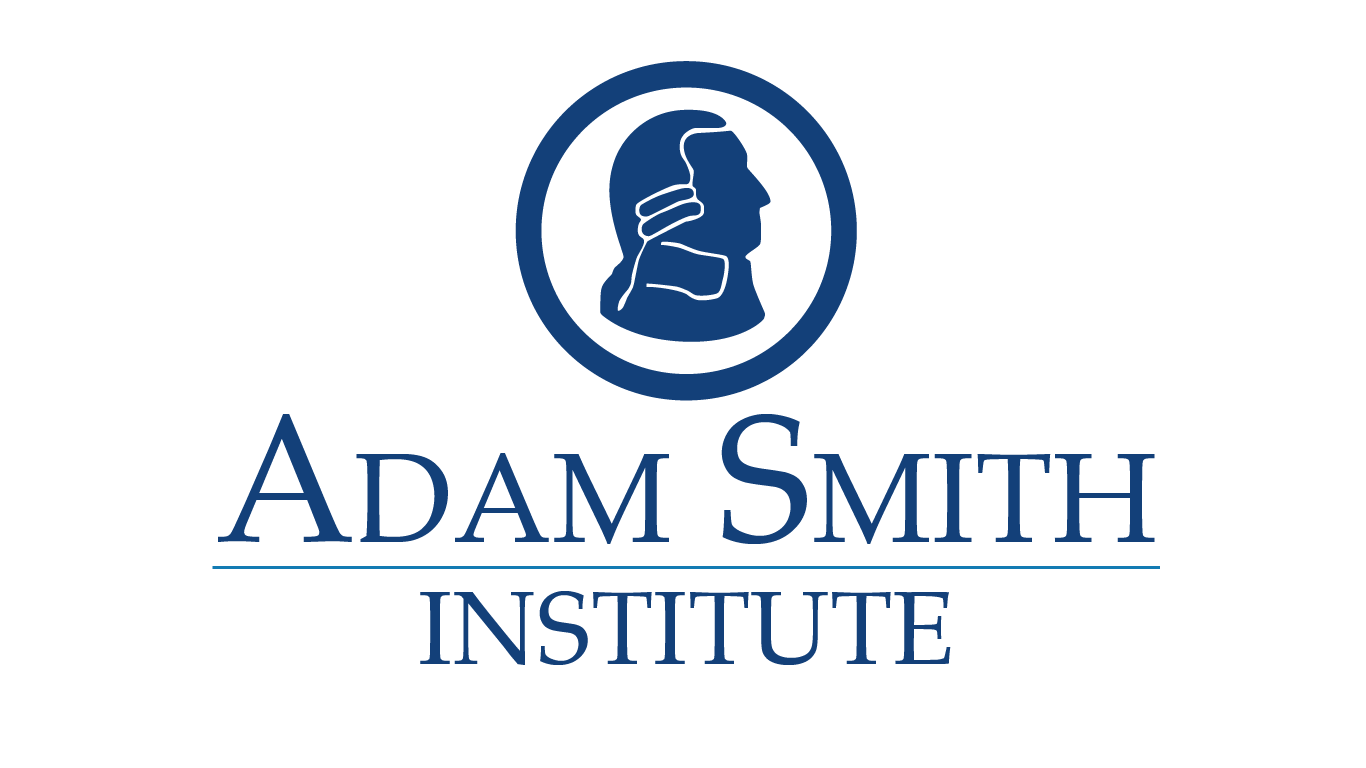Douglas Mason
Douglas Mason, a prolific author for the Adam Smith Institute, left an indelible mark on British policy discourse, advocating for free market solutions across a wide range of issues. Though his most (in)famous proposal, the poll tax, faced significant public backlash and ultimately contributed to political upheaval, his other policy recommendations, often initially controversial, eventually gained traction and were adopted by successive governments. His intellectual legacy lies in his meticulous approach to policy analysis, combining historical context, problem identification, and a range of practical free-market solutions. He consistently championed the reduction of state intervention and the empowerment of individuals, leaving a lasting impact on British policy discussions, even years after his death.
Mason’s most controversial proposal, the replacement of local property taxes (rates) with a per-capita charge dubbed the ‘poll tax’, stemmed from a genuine concern about the inequities of the existing system. The rates were seen as arbitrarily determined and burdened a small percentage of the population, creating a perverse incentive for the non-paying majority to advocate for increased council spending. While various alternatives, such as local sales or income taxes, were considered, Mason’s idea gained traction. However, the implementation, stripped of his proposed safeguards, fueled public discontent and became a symbol of political mismanagement. This ultimately overshadowed his other substantial contributions to policy debates.
Beyond the poll tax, Mason’s prescient policy recommendations often proved ahead of their time, but eventually found favor with policymakers. His advocacy for granting right of abode to Hong Kong residents in the face of China’s growing illiberalism, outlined in A Home for Enterprise, was eventually adopted by the Cameron government, demonstrating a commitment to humanitarian principles. Similarly, his arguments for more liberal licensing laws in Time to Call Time, as well as his case for Sunday trading in Sunday, Sunday, eventually became mainstream policy. These examples underscore his ability to identify areas ripe for reform and articulate persuasive arguments, even when facing initial resistance.
Mason’s commitment to privatization extended to essential services. His advocacy for privatizing the Royal Mail, detailed in Privatising the Posts, ultimately came to fruition, and his arguments for privatizing the Forestry Commission, laid out in Wood for the Trees, were only thwarted by celebrity opposition, which, he argued, stemmed from a misunderstanding of the policy implications. These proposals reflected his belief that private sector efficiency and innovation could improve services and reduce the burden on taxpayers, a core tenet of his free market philosophy.
Mason’s analytical approach consistently highlighted the detrimental effects of state intervention and political involvement. He meticulously explored the history of each issue he tackled, identified the inherent problems, and demonstrated how government involvement often exacerbated these issues. He then offered market-based solutions, providing detailed implementation strategies. This rigorous approach, combined with a clear writing style, made his arguments compelling and accessible, contributing to their eventual adoption even when they initially faced resistance.
Beyond his policy work, Mason’s life reflected a diverse range of interests. Born in Dunfermline, he shared an alma mater with ASI co-founders Madsen Pirie and Eamonn Butler, the University of St Andrews. A devoted science fiction enthusiast, he amassed a vast collection of Sci-Fi anthologies, reflecting a passion for exploring alternative futures and possibilities. His love for antiquarian books further showcased his intellectual curiosity and appreciation for history. His resilience in the face of a terminal cancer diagnosis in 1990, living and working productively for another 14 years, is a testament to his dedication and intellectual vitality. He continued to write, lecture, and travel, demonstrating an unwavering commitment to his work and principles until his death in 2004.
Share this content:












Post Comment